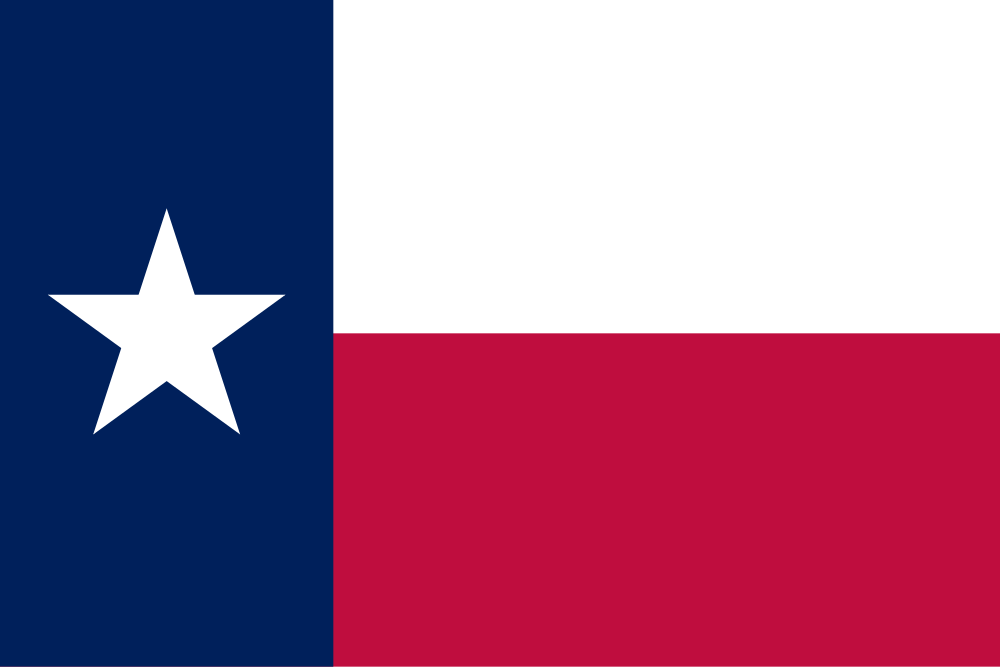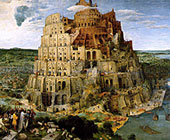The recent political earthquake in the US is just one example of a nationalistic wave that swept across Western democracies in 2015-2016. The election in the US seemed to surprise many political talking-heads since the nation was, and still is, on a continuing path towards greater liberalism (mostly due to demographics).
So, what exactly is up with that? Can American liberals enter a coma for the next 4 years, sure to awaken refreshed and ready for a new left-of-center regime? Or, is the current nationalistic mood — albeit courtesy of a large minority — likely to prevail for a while longer? Well, there’s no clear answer, and political scientists and researchers are baffled.
Care to learn more about theories of nationalism and the historical underpinnings of nationalism? Visit my reading list over at Goodreads. But make sure you start with: Imagined Communities: Reflections on the Origin and Spread of Nationalism by Benedict Anderson. It’s been the global masterwork on the analysis of nationalism since it was first published in 1983.
I tend to agree with Anderson’s thesis, that a nation is mostly a collective figment of people’s imagination facilitated by modern communications networks. So, I have to believe that eventually our networks will help us overcome the false strictures of our many national walls and borders.
From Scientific American:
Waves of nationalist sentiment are reshaping the politics of Western democracies in unexpected ways — carrying Donald Trump to a surprise victory last month in the US presidential election, and pushing the United Kingdom to vote in June to exit the European Union. And nationalist parties are rising in popularity across Europe.
Many economists see this political shift as a consequence of globalization and technological innovation over the past quarter of a century, which have eliminated many jobs in the West. And political scientists are tracing the influence of cultural tensions arising from immigration and from ethnic, racial and sexual diversity. But researchers are struggling to understand why these disparate forces have combined to drive an unpredictable brand of populist politics.
“We have to start worrying about the stability of our democracies,” says Yascha Mounk, a political scientist at Harvard University in Cambridge, Massachusetts. He notes that the long-running World Values Survey shows that people are increasingly disaffected with their governments — and more willing to support authoritarian leaders.
…
Some academics have explored potential parallels between the roots of the current global political shift and the rise of populism during the Great Depression, including in Nazi Germany. But Helmut Anheier, president of the Hertie School of Governance in Berlin, cautions that the economic struggles of middle-class citizens across the West today are very different, particularly in mainland Europe.
The Nazis took advantage of the extreme economic hardship that followed the First World War and a global depression, but today’s populist movements are growing powerful in wealthy European countries with strong social programmes. “What brings about a right-wing movement when there are no good reasons for it?”Anheier asks.
In the United States, some have suggested that racism motivated a significant number of Trump voters. But that is too simplistic an explanation, says Theda Skocpol, a sociologist at Harvard University. “Trump dominated the news for more than a year, and did so with provocative statements that were meant to exacerbate every tension in the US,” she says.
Read the entire story here.
p.s. What Up With That is my homage to the recurring Saturday Night Live (SNL) sketch of the same name.



 [div class=attrib]From Eurozine:[end-div]
[div class=attrib]From Eurozine:[end-div]